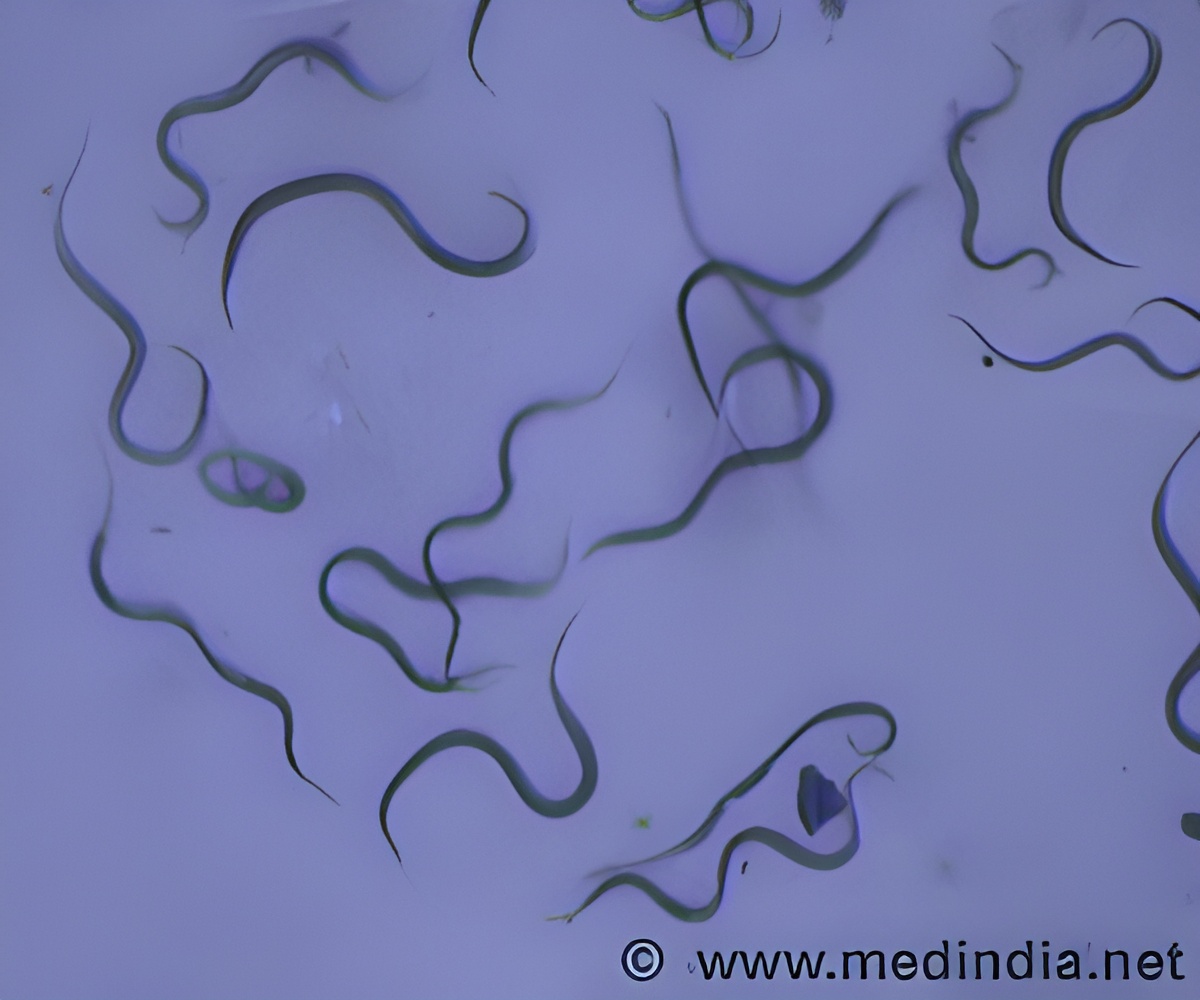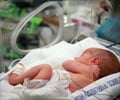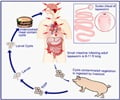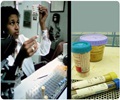A joint study suggests that people suffering from recurrent Clostridium difficile infection can be treated by transplanting fecal matter from healthy donors.

Patients with RCDI exhibit less diversity of beneficial gut bacteria, which may contribute to disease. Fecal microbiota transplantation (FMT) has recently gained attention as a viable treatment option for patients with RCDI because it aims to restore a normal, functional intestinal bacterial mix in the patient. FMT has been highly successful in treating RCDI. However, how FMT works is still not understood and long-term effects of FMT on the patient's microbiota have not been studied. The goal of this research study was to describe the immediate and long-term effects of FMT on the microbiome of patients with RCDI by applying a simultaneous sampling strategy of post-FMT patients and healthy donors as a control.
The investigators examined a large population of FMT patients and donors, which were sampled at multiple time points up to one year after the treatment at Sinai Hospital of Baltimore. Analyzing patients and donors over an extended period of time gave the investigators insights into how the microbiota continues to evolve long after FMT and the patients become asymptomatic for RCDI.
"New genomic tools and bioinformatic analysis methods are allowing us to better study the subtle changes of the microbiota in patients after FMT. This is especially important as we are only beginning to get an idea of whether FMT will permanently change the patient microbiota," says W. Florian Fricke, Ph.D., Assistant Professor of Microbiology and Immunology at the Institute for Genome Sciences (IGS) at the University of Maryland School of Medicine and one of the lead authors of the paper. "Better insight into the microbiota events associated with the disease and FMT-induced recovery could lead to better treatments with a controlled, manufactured microbiota instead of fecal material, which might also prove to be relevant as a treatment option for other microbiota-associated diseases in the future."
"The key clinical question is related to the reoccurrence of C. difficile infection in a subgroup of patients. The long-term follow up of these patients is critical for genomic studies which will help us identify seminal changes in the bacterial microbiota of these patients," said Sudhir K. Dutta, M.D., MACG, FACN, FACP, director of the Division of Gastroenterology, Sinai Hospital of Baltimore. "Insight into these microbial changes will hopefully identify biomarkers of susceptibility through this infection in this subgroup of patients."
The patient cohort clinical analysis was conducted by Dr. Dutta and his gastroenterology department at Sinai Hospital, and included thorough individual case metadata. Dr. Fricke led the genomic and bioinformatics analysis at the Institute for Genome Sciences.
 MEDINDIA
MEDINDIA



 Email
Email





